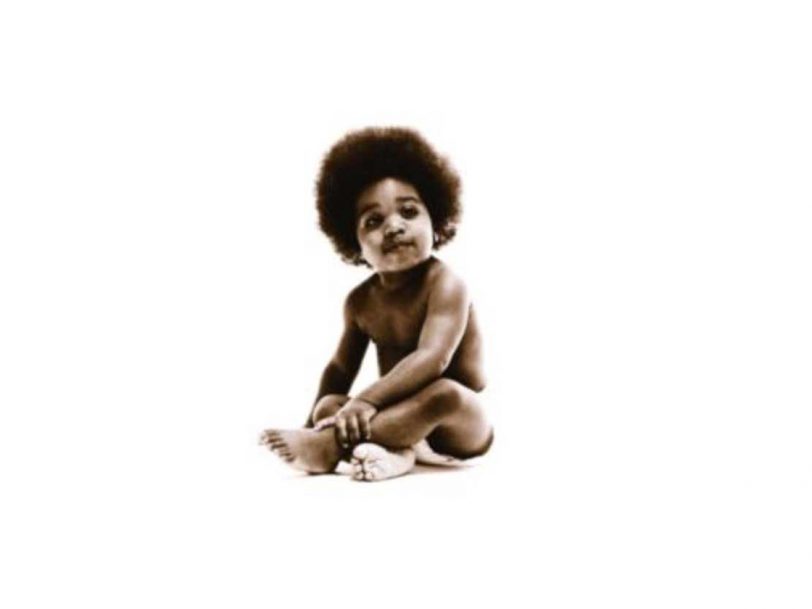The Brooklyn-born Christopher George Latore Wallace, aka The Notorious B.I.G., aka Biggie Smalls, delivered a sucker punch with his multi-platinum-selling debut album, Ready To Die. Starting life while Biggie was still part of the Uptown Records stable, the album was eventually released by Sean Combs’ Bad Boy Entertainment operation in 1994. Combs, aka Puff Daddy, and his in-house team of producers did much of the work on the record, and Bad Boy’s head honcho himself played the very capable hype man to Biggie’s star-making turn. However, Ready To Die also featured production from several of hip-hop’s most legendary backroom boys, helping Combs’ nascent company to truly stake its claim to greatness.
Listen to ‘Ready To Die’ here.
The start of a tragically short career
Through still in its early days, Bad Boy Entertainment had already produced multiple hits, but The Notorious B.I.G.’s storytelling rhymes – both in the form of his effortless thug-rap and the masterful loverman hits he agreed to include only after some serious arm-twisting – gave the label a multi-platinum success that not only laid the groundwork for Biggie’s follow-up, the diamond-selling 1997 double-album,Life After Death, but shaped the course of hip-hop throughout the remainder of the decade and beyond. By that point, however, Biggie would, incomprehensibly, be dead – another victim of the violence that plagued hip-hop in the 90s. Ready To Die, then, stands as the start of a tragically short-lived career whose full potential was never fully revealed.
The album begins with a contemporary skit-style intro, in which Biggie’s birth is enacted to the strains of Curtis Mayfield’s Superfly, before waltzing at speed through his fractured early life. Things start in earnest with the cinematic boom-bap of the Main Ingredient-sampling Things Done Changed. A sometimes gleeful-seeming tale of the ramping-up of inner-city violence in the US, it nonetheless finds Biggie cracking jokes with his trademark dark humour: “My mama got cancer in her breast/Don’t ask me why, I’m motherfucking stressed.”
The similarly terrifying, Cypress Hill-influenced street-crime anthem Gimme The Loot was the first of six Ready To Die songs produced by Easy Mo Bee. Previously of the group Rappin’ Is Fundamental (who found brief fame with their self-titled 1991 single), Mo Bee had made a name for himself as producer for a number of the era’s stars, among them Big Daddy Kane and Craig Mack, and had even been tapped by legendary trumpeter Miles Davis to collaborate on his hip-hop-jazz crossover final album, Doo-Bop. Mo Bee also worked on Ready To Die’s crunchy Machine Gun Funk, on which Biggie rapper sprays similes as if firing them from a semi-automatic rifle (“I get up in that ass like a wedgie”; “Making money smoking mics like crack pipes”).




